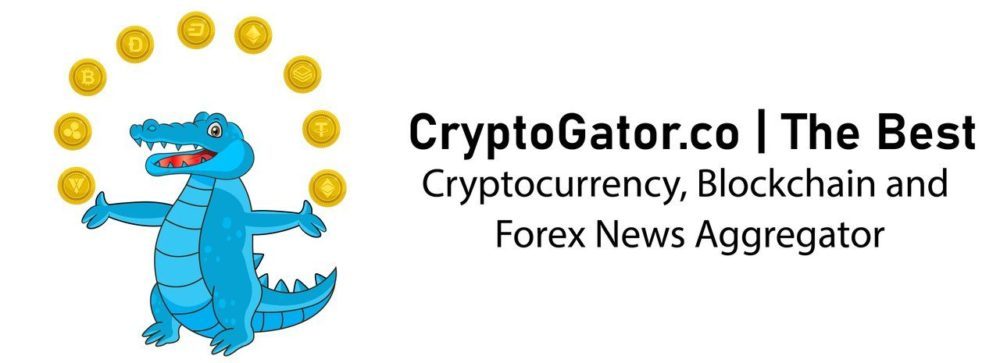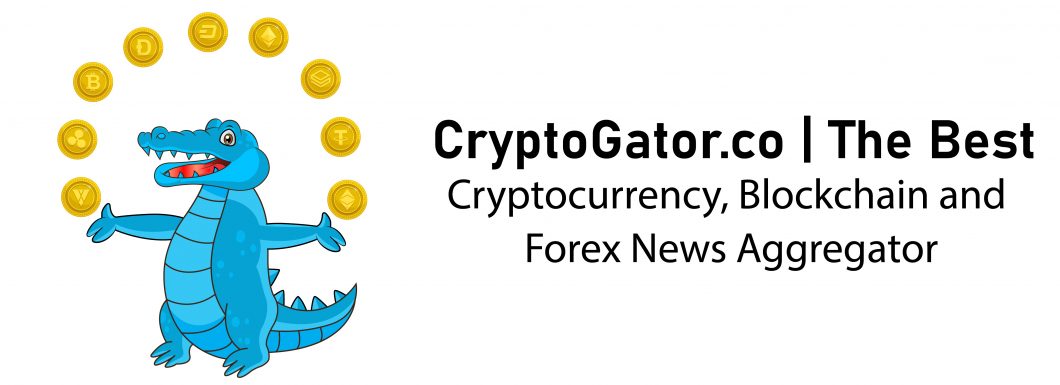<p>Digital wallets
have grown in popularity in recent years, allowing consumers to use their
smartphones to make payments, store loyalty cards, and even access
identification and insurance cards. </p><p>But what are
the benefits and drawbacks of ditching your physical wallet in favor of a
digital one? In this article, we will look at the benefits and drawbacks of
digital wallets. </p><p>Benefits
of Digital Wallets</p><ul><li>Convenience:
One of the most significant advantages of digital wallets is convenience. You
no longer need to carry around a physical wallet containing multiple cards,
cash, and coins if you use a digital wallet. Payments can be made with a few
taps on your smartphone, making transactions faster and easier. </li><li>Security:
Digital wallets offer greater security than traditional wallets. To protect
your financial information, most digital wallet apps employ advanced security
measures such as biometric authentication (e.g., fingerprint or face
recognition), tokenization, and encryption. This makes it more difficult for
thieves to steal your data or conduct unauthorized transactions. </li><li>Accessibility:
A digital wallet allows you to store all of your payment and loyalty cards in
one place. You no longer have to rummage through your physical wallet to find
the right card, which is especially convenient when you’re in a hurry. </li><li>Many
digital wallet apps provide rewards and discounts for using their app to make
purchases. Some apps, for example, may provide cashback or points that can be
redeemed for gift cards or other incentives. For customers who make frequent
purchases, this can be a significant benefit. </li></ul><p>Cons
of Digital Wallets</p><p>Despite their
increasing popularity, digital wallets are still not widely accepted by all
merchants. Some retailers and businesses may not support digital payments,
which can limit the usefulness of your digital wallet. This also includes the
following drawbacks:</p><ul><li>Technical
issues: Technical issues such as software bugs, network failures, or device
malfunctions can have an impact on digital wallets. These issues can make it
difficult to access your digital wallet or make payments, which can be
aggravating. </li><li>Security
concerns: While digital wallets are generally more secure than traditional
wallets, they are not entirely immune to security risks. Hackers and
cybercriminals can still gain access to your digital wallet or steal your
personal and financial information. It is critical to exercise caution when
using your digital wallet and to take precautions to safeguard your
information. </li><li>Dependence
on technology: Access to technology, such as smartphones and internet
connectivity, is required for digital wallets. If you misplace your smartphone
or do not have internet access, you may be unable to access your digital wallet
or make payments. </li></ul><p>The
Verdict</p><p>Digital wallets
provide a number of advantages, including convenience, security, accessibility,
and rewards. However, they also have some drawbacks, such as limited
acceptance, technical difficulties, security concerns, and dependency on
technology. </p><p>While digital
wallets can be a useful tool for making payments and managing your financial
information, it is critical to <a href=”https://www.financemagnates.com/cryptocurrency/education-centre/crypto-wallet-security-and-best-practices/” target=”_blank” rel=”follow”>exercise caution and safeguard your information</a> from security threats. Understanding the benefits and drawbacks of digital
wallets allows you to make an informed decision about whether or not to abandon
your physical wallet. </p><p>Tips
for Safely Using Digital Wallets</p><p>If you decide
to use a digital wallet, here are some pointers to keep in mind: </p><ul><li>Choose
a reputable provider: Before choosing a digital wallet provider, research the
company and read reviews to ensure that it is reputable and trustworthy. </li><li>Configure
strong security features: To protect your financial information, use strong
security features such as biometric authentication and PIN codes. </li><li>Avoid
using public Wi-Fi: When using your digital wallet, avoid using public Wi-Fi,
which cybercriminals can easily hack. Use a secure internet connection, such as
your home or office Wi-Fi network, instead. </li><li>Monitor
your account activity on a regular basis: Keep an eye on your account activity
to ensure that there are no unauthorized transactions or suspicious activity. </li><li>Update
your device and app: Update your device and digital wallet app on a regular
basis to ensure you have the most recent security features and bug fixes. </li></ul><p>Risks
of Digital Wallets</p><p>Digital wallets
are not without their risks. The uncertainty and potential for abuse is one of
the biggest concerns. </p><p>Digital wallet
providers may be tempted to collect more data than they need or even sell your
information without your knowledge or consent. This could lead to identity
theft and financial fraud, as well as other problems that come with having no
consumer protection in place.</p><p>Another risk is
that digital wallets can be hacked by cybercriminals who gain access to your
account information through phishing scams or other means of deception. </p><p>If you’re using
a mobile app for payments or storing sensitive data like passwords on your
phone (which we don’t recommend), then there’s always a chance that someone
could steal it from you or even just break into the app itself through malware installed
on another device connected via Bluetooth or Wi-Fi.</p><p>Regulatory
risks of digital wallets</p><p>Another major
concern is regulatory risk: if you use your bank account or credit card
information to make purchases online, and especially if you’re doing so outside
of the U.S, you could run into trouble if regulations change, or laws are
introduced that affect how these transactions are handled. </p><p>For example, if
new legislation is passed which requires all individual citizens who make
purchases from foreign websites or companies with foreign servers to pay taxes
on those purchases. then using your debit card could become much more
complicated than it already is today, and potentially costlier. </p><p>Conclusion</p><p>Digital wallets
have the potential to change the way we make payments and manage our finances.
They provide convenience, security, accessibility, and rewards, making them
appealing to many consumers. </p><p>However, they
also have some drawbacks, such as limited acceptance, technical difficulties,
security concerns, and dependency on technology. You can make an informed
decision about whether or not to use a digital wallet by understanding the pros
and cons of them and taking precautions to use them safely. </p><p>Finally, the
decision is yours, and it is based on your needs and preferences.</p>
This article was written by Finance Magnates Staff at www.financemagnates.com.



